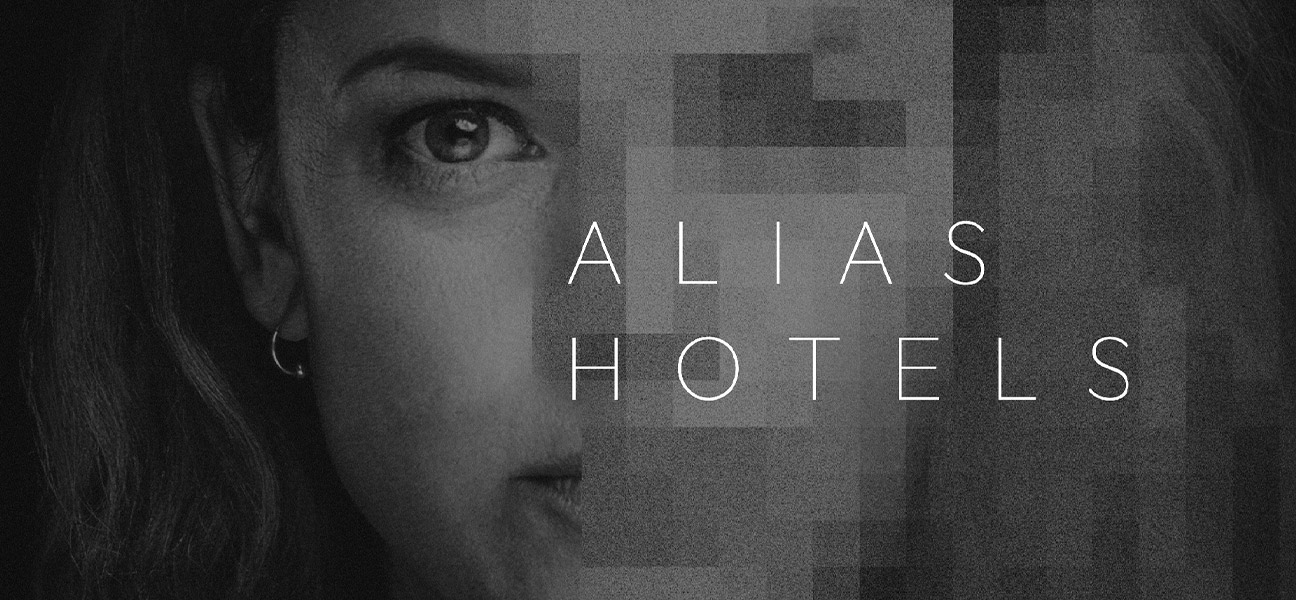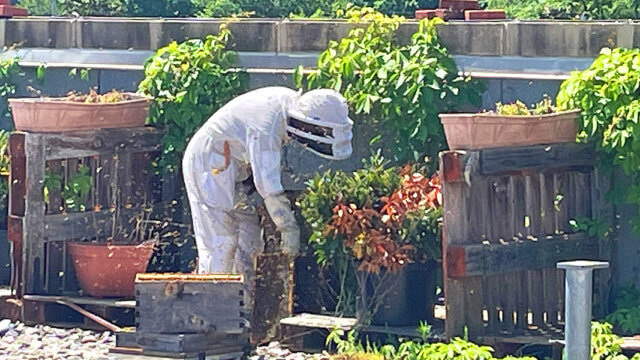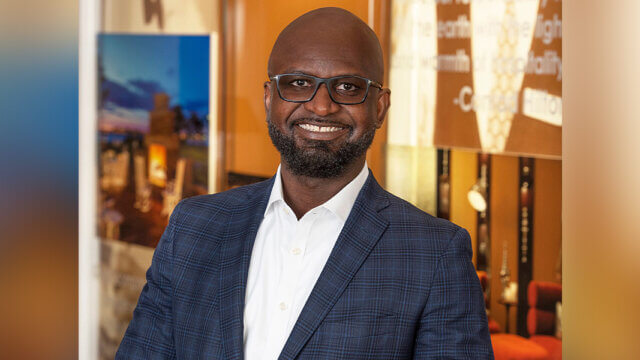Recent studies of domestic violence across the U.S. show the growing need for emergency shelter and support services for victims. According to a recent one-day census of domestic violence, there were more than 38,608 adult and child victims in emergency housing programs in a single day. An additional 9,444 requests for emergency shelter were unmet that same day.
Hotel owners have the power to help vulnerable people by registering to be Alias Approved through Safe Stays by ReloShare. Matt Singley, cofounder/CEO, ReloShare, connected with Hotel Business to discuss the initiative and why it is important to hoteliers.
Why was there a need for Alias-Approved hotels?
Insufficient shelter space is causing many crime survivors, including victims of domestic violence and human trafficking, to be turned away. The National Network to End Domestic Violence’s 2022 DV Counts Report revealed that in just one day, 2,440 adults and 1,397 children across the country were unable to access emergency shelter. Annually, this adds up to 890,600 adults and 509,905 children without access to emergency domestic violence shelters. Furthermore, there are limited emergency shelter options for various groups such as LGBTQ+ individuals, people with accessibility needs, men, survivors with pets and large families.
When there isn’t shelter space available, domestic violence agencies often need to book hotel rooms under false names for the survivors they work with due to the crucial need for anonymity and safety. When survivors flee from abusive situations, their abusers may still be actively searching for them. By using aliases during the hotel reservation process, agencies help protect the survivors’ identities and reduce the risk of their abusers tracking them down. This practice is essential in maintaining the survivors’ security, as it prevents the abusers from easily locating them through conventional means such as calling the front desk and asking for the guest’s name or monitoring credit card transactions. Ensuring the survivors’ anonymity is not just a matter of convenience, but a fundamental aspect of safeguarding their lives and well-being.
For advocates working with survivors, the process of finding and booking a hotel room is time-consuming and challenging, if not impossible. Agency staff members are responsible for making reservations on behalf of the survivors, which involves multiple phone calls and negotiations with hotels.
Prior to the launch of Safe Stays by ReloShare, most hotels did not allow guests to check in under an alias and required an ID that matches the name on the reservation at check-in. Staff members at domestic violence agencies had to check in on behalf of guests, providing their own photo ID and credit card in lieu of the guest providing theirs. Agency staff would waste valuable time traveling to and from the hotel for check-ins, instead of providing critical life-saving services. Additionally, these agreements were often limited to a single hotel location or brand. If the hotel was full, there were no alternative options, leaving agencies without a safe housing solution for their clients. This process added significant stress and took hours for both the advocate and survivor.
What does it mean to be “Alias Approved”?
To be “Alias Approved” means that a hotel has opted into an agreement with ReloShare that allows our customers—vetted social-service providers—to book hotel accommodations for their clients under a pseudonym rather than their real name. Since the name on the reservation is an alias, Alias-Approved hotels also waive the requirement for guests checking in under a fake name to present a photo ID at check-in. At no point does ReloShare or the hotel require the real name or ID of the guest who is checking in under an alias, ensuring additional layers of anonymity and security.
How does one find an Alias-Approved hotel?
Only highly vetted social-service agencies can access our database of Alias-Approved hotels. Information about which hotels are “Alias Approved” is not publicly available in order to add an additional layer of protection for our guests and hotel partners.
In our Safe Stays booking system, Alias-Approved hotels are indicated with a green “Alias Approved” badge. Users can also filter hotel results to show only Alias Approved hotels if they know their guest will need to use a pseudonym for their hotel stay.
Our team conducts a rigorous vetting process to ensure that all agencies that have access to our Alias-Approved hotel list via the Safe Stays hotel booking platform are trusted and reputable organizations that have a proven history of providing social services. This is to ensure that nefarious actors do not gain access to booking alias hotel stays. For eligible organizations that need access to Alias-Approved hotel listings, they can register for a free Safe Stays by ReloShare account using this link.
How does someone get an alias? What is the process?
In our Safe Stays booking platform, alias names are automatically generated from a database of tens of thousands of first and last names. At the time of booking, the user will be asked if the reservation is an Alias Reservation. If the answer is yes, a first and last name are randomly generated for the reservation. This randomization ensures that there are no discernable patterns for name generation for our alias stays.
How have you gotten the word out about your program and Alias-Approved hotels?
Most of our outreach efforts have centered on pointed outreach to social-service agencies that we think would benefit from the Safe Stays service. This includes sending emails to shelter directors and program managers at social service agencies. We’ve also spoken and exhibited at many national and state conferences for social-service providers in order to get our message out. Over the last 6-12 months, we have seen a dramatic increase in our current customers sharing our information with their professional networks through email referrals, word-of-mouth referrals and inviting our team to join them at inter-agency meetings to discuss our service.
An important feature of our Safe Stays team is that the majority of our Safe Stays sales and customer success teams have direct work experience in social services, which gives them insight into how valuable the Safe Stays platform is for case managers and advocates who work tirelessly to support crime survivors. On the hotel side, we typically issue brand-level RFPs for Alias-Approved opt-ins. We also do targeted outreach when needed.
How many Alias-Approved hotels are there? What is the process of becoming one?
There are 15,227 active hotels in the ReloShare Network, with 2,613 of those being Alias-Approved hotels spanning all 50 states and the District of Columbia. If hotels are interested in becoming Alias-Approved, they can submit an interest form on our website. Once a hotel has shown interest in becoming Alias Approved, our team will work with the hotel to load their location onto our hotel booking system. We also provide literature and training materials to explain Safe Stays to the hotel staff that will be checking-in guests under these reservations. Alias-Approved hotels are the preferred hotels for most of our customers, leading to 230% more reservations booked at our Alias-Approved locations compared to traditional hotels.


